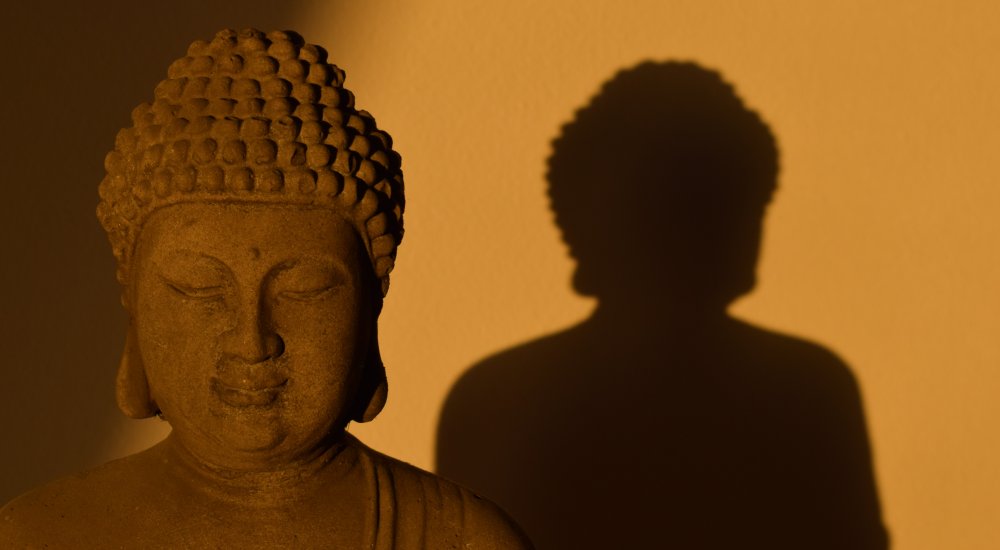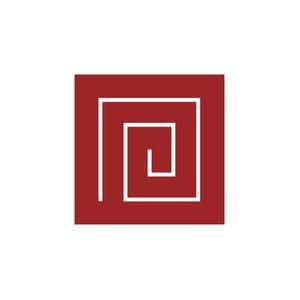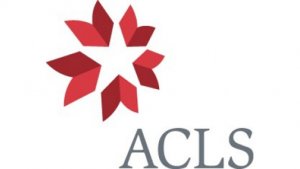The Robert H. N. Ho Family Foundation Public Impact Grants in Buddhist Studies

ACLS and The Robert H. N. Ho Family Foundation Global are committed to enhancing public knowledge and understanding of Buddhism.
The Robert H. N. Ho Family Foundation Public Impact Grants in Buddhist Studies support projects that make knowledge about Buddhism accessible to more people and improve public understanding of Buddhist art, texts, and traditions by promoting engagement between Buddhist Studies scholars and public audiences and/or communities of practice.
Projects must:
- aim to engage significantly with either public audiences (e.g., through media or through public spaces) or with specific Buddhist communities
- meaningfully incorporate academic research on any aspect of Buddhist knowledge, culture, or traditions for public audiences
- involve new, time-limited activities
What kind of projects are we looking for?
ACLS encourages projects that help Buddhist communities of practice engage directly with Buddhist texts, art, histories, or traditions; that make scholarship on Buddhist Studies more accessible to general audiences; or that will inform current public debates on topics from healthcare to environmental policy. Translation projects are strongly encouraged!
Examples include, but are not limited to:
- Translation projects that incorporate community outreach, consultation, and/or engagement with ritual practitioners
- Working with a museum or library to research and make a small collection of Buddhist material publicly accessible
- Developing public programming for a local cultural institution or community-based organization
- Partnering with a community to support cultural preservation or archival projects
- Creating a podcast or media series to disseminate accessible information on contemporary Buddhist scholarship
- Organizing opportunities for undergraduate research and engagement with local communities of practice
- Workshops or events that bring together scholars and practitioners around Buddhist Studies research or translation
No academic publications will be supported.
Applicants are encouraged to review the Humanities for All website for creative ideas for publicly engaged humanities projects.
There are no restrictions as to the location of the work performed or the language of the final product (if applicable).
The Robert H. N. Ho Family Foundation Program in Buddhist Studies, administered by ACLS, is committed to inclusion, equity, and diversity as integral components of merit that enhance the scholarly enterprise. It is a priority of this program that cohorts of fellows and grantees be broadly inclusive of different backgrounds, cultures, and any aspects that make one unique. In Buddhist Studies we seek a range of university affiliations, as well as diversity in languages, topics, Buddhist traditions, and locations of research. The program welcomes applications from all eligible individuals, and selection is made without regard to race, ethnicity, gender, sexual orientation, religion, national origin, citizenship, disability, age, or any other aspect of identity.
Grant Details
- Grant Amount: Minimum: $10,000; maximum: $50,000.
- Award term: Up to 12 months, beginning between July 1, 2026 and December 31, 2026.
- Award funds can be used as stipends for work performed, travel, convening, consultant services, staff training, or related office expenses. No institutional overhead is permitted, but direct costs, including office space and administrative assistance, are allowable. A budget is required. A sample budget template can be found in the Supporting Documents section of this webpage.
Eligibility
- Projects may be conducted by an individual or a collaborative team. If conducted by an individual, the individual is considered the Principal Investigator (PI). Individual applicants and leaders of collaborative teams must have:
- a PhD in the humanities or social sciences. The PhD degree must be conferred (officially awarded) by an accredited university by the application deadline. An established scholar who can demonstrate the equivalent of a PhD in publications and professional experience may also qualify.
- an affiliation—a long-term regular research or teaching appointment—with an accredited institution of higher education, cultural organization, or major research institute.
- All projects must include a PI or team member with expertise in Buddhist Studies.
- The application must be written in English.
- There are no restrictions as to the location of work proposed or the citizenship/residence of project team members.
Application Guidelines
Completed applications must be submitted through the ACLS Online Fellowship and Grant Administration (OFA) System no later than 9:00 PM Eastern Standard Time on November 20, 2025. For collaborative teams, the team leader (principal investigator) must submit a single application on behalf of the team.
Applications must include:
- A completed application form.
- A proposal (no more than seven single- or double-spaced pages total in Arial or Helvetica 11-point font. The proposal must include:
- Project Description: (five pages maximum)
- Project Title: a brief, but descriptive title for the project (ideally, less than 10 words).
- Project Background and Context: an overview and brief background that explains where the project will be situated, which Buddhist traditions it will engage with, and any work accomplished on the project to date.
- Activities: an explanation, brief but specific, of what the project participants plan to do during the grant period and why, as well as the means and tools to be used to execute the project.
- Project Result(s): anticipated results or planned deliverables at the grant conclusion (e.g., a new exhibition, a curriculum, a website).
- Audience and Impact: a summary of the intended public audience(s) or communities, the plans to engage the audience, and the potential for impact (e.g., how many people will listen to this podcast, how might their understanding of Buddhism change)
- Workplan and Timeline: (one page) a coherent plan for the development and execution of the project over time. The plan should reflect a realistic approach to deploying grant funds during the 12-month award period.
- Collaboration Details: (one page) if applicable, proposals should outline each team member’s or community partner’s proposed contribution to the project and how the members will collaborate across their institutions, departments, initiatives, and/or external organizations. Examples of successful prior collaborations between team members are encouraged.
- Project Description: (five pages maximum)
- A list of all the collaborators who will work on the project (including the individual applicant or team leader), their affiliations, and a brief biographical sketch highlighting their relevant experience and qualifications relating to their role and contribution to the project. Any additional information about the team not listed elsewhere in this application may be included here (no more than two pages in Arial or Helvetica 11-point font).
- A curriculum vitae (CV) for each collaborator (not required from team leader/applicant) (three pages maximum per CV in Arial or Helvetica 11-point font).
- Supporting materials [optional]: an optional one to two additional pages of images, musical scores, or other similar supporting materials. Applicants proposing translation projects should include a sample of the proposed text and translation here.
- Bibliography: the bibliography should provide an overview of essential references for your project, and it should balance the various sorts of key materials being used (no more than two pages in Arial or Helvetica 11-point font).
- Budget: outline plans for the proposed use of grant funds. This may include costs for salary replacement, travel, research materials, research assistants, etc. Applicants are strongly encouraged to use the sample budget template provided by ACLS. Grant funds may not pay for institutional overhead. However, direct administrative costs, such as office expenses and an honorarium for office assistance, are allowed. If applicable, the budget plan can include any proposed cost-sharing measures undertaken by the host institution or a third party.
- Budget narrative: no more than one double-spaced page in Arial or Helvetica 11-point font. Please include a narrative that summarizes why your proposed budget is appropriate for the project, and any possible financial and non-financial resources (e.g., in-kind support, near-term partnerships on campus or off) that the project may be able to access.
- Letter(s) of support: at least one letter of support from collaborators or partner organizations, including community-based nonprofits, cultural institutions, community members, or community leaders. If the project features extramural community partners, this statement of support should be written by a member of that organization with extensive contact with the project team who can speak to the organization’s involvement with the project. (No more than one page per letter).
- Public-Facing Publications and Presentations list: any previous publications or presentations aimed at public audiences. This could include blog posts, contributions to digital media, newspapers, online publications, interviews for podcasts, invited lectures at public venues (e.g., museums, libraries), readings for Buddhist communities, etc. No more than two pages, with double spaces between entries in Arial or Helvetica 11-point font.
Evaluation Criteria
- The potential of the project to advance knowledge and understanding of Buddhism for public audiences or communities of practice.
- The project design and strategy for public/community engagement, including methodological approach.
- Feasibility of the plan of work and the budget proposed.
- The ability of the applicant(s) to accomplish the proposed project, based on their training and success of previous projects.
Contact
Questions should be directed to BuddhistStudies@acls.org. Please read the FAQ (Frequently Asked Questions) before making inquiries.

